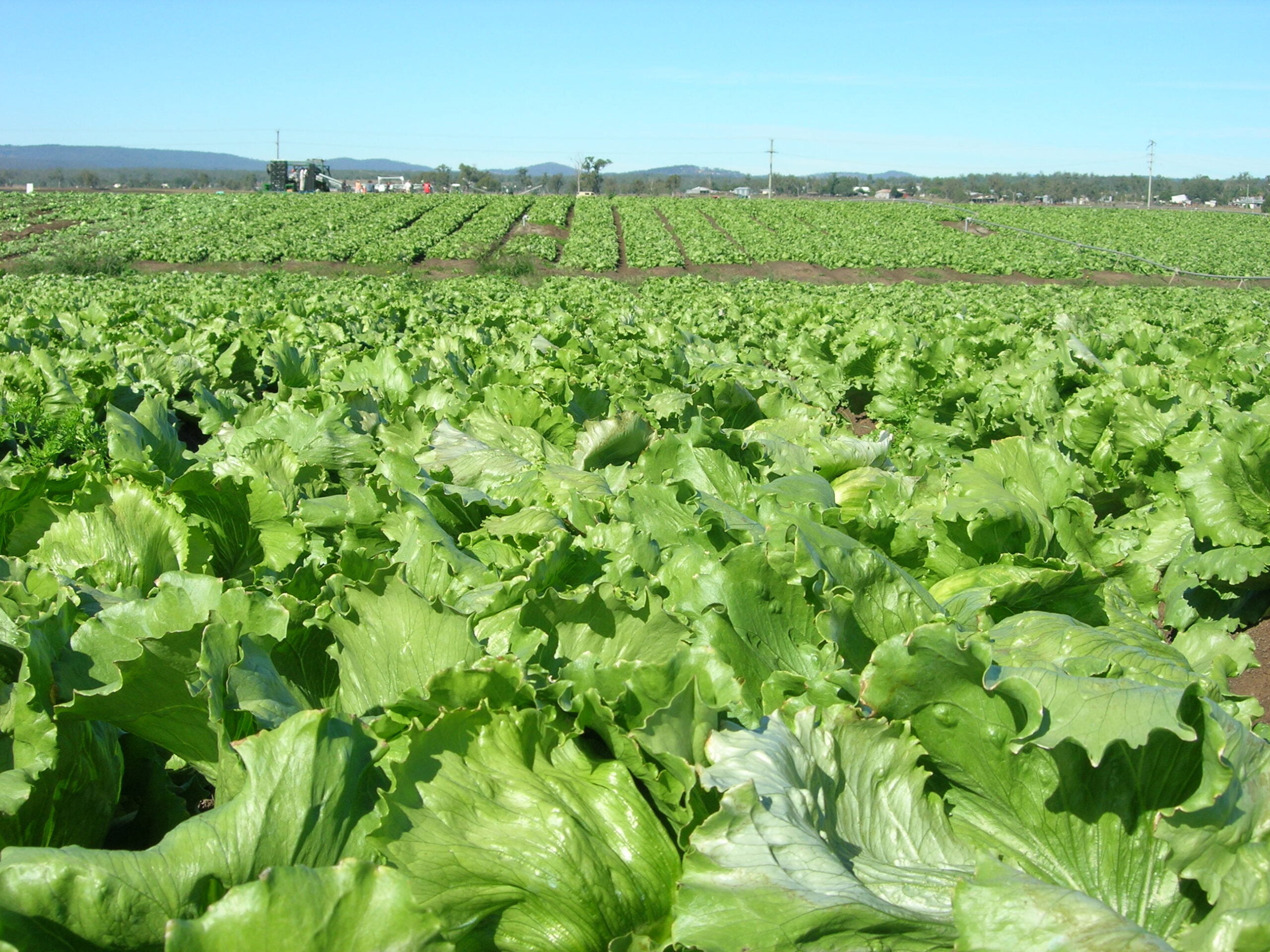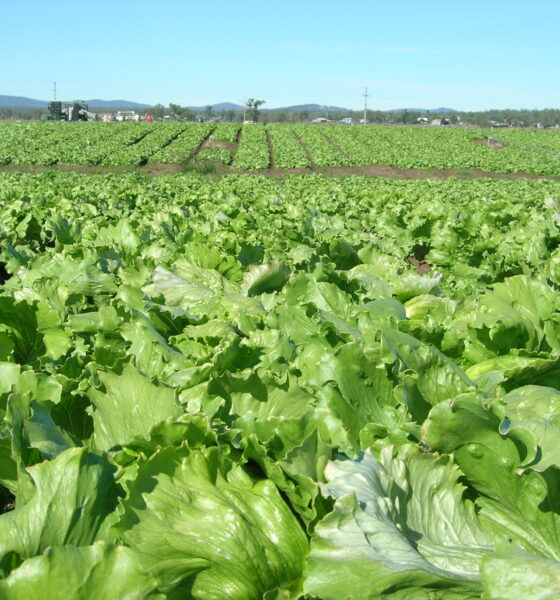

Economy
Climate change will have a ‘major impact’ on food production
Patrick Elf speaks with Peter Andrews, sustainability executive at the Food and Drink Federation (FDF), on how to feed people sustainably given the serious and numerous social and environmental challenges we face.
FDF is the voice of the UK food and drinks manufacturing industry, with members such as Mondelez, PepsiCo, Mars and a range of smaller businesses. As the UK’s largest manufacturing sector, the food and drink industry has huge potential for change – but what is it doing to overcome some of the obstacles?
What got you interested about working in sustainability?
It wasn’t a ‘follow the frog‘ moment of quitting my old job and setting off to single-handedly save the rainforest, but rather a growing realisation that I need to be working with businesses to be at the forefront of a shift to a more sustainable approach to development – one that meets shared goals of business growth, social improvements and positive environmental outcomes.
When we talk about sustainability, the list of challenges seems to be infinite. What do you see as the main challenge for the food sector?

Peter Andrews, FDF
Food and drink production is one of the most weather dependent economic activities we have, which means climate change is going to have a major impact on our future ability to produce.
The challenge for our sector is not only mitigation of greenhouse gas emissions to minimise further changes, but also the need to adapt our practices in an uncertain climate and increase food production sustainably. This is vital if we are to feed the predicted nine billion people by 2050.
How does FDF support sustainable development, and how does it ensure that its members are aware of these future challenges?
FDF’s strapline is “Delivering Sustainable Growth”. To us, this means decoupling environmental impacts from economic growth. Our Five-fold Environmental Ambition is a framework of targets for the industry to reduce CO2 emissions, waste and water and optimise packaging and distribution.
We publish guidance to help our members reduce their environmental impacts – so far we’ve cut CO2 emissions by 32% since 1990 – and we work with stakeholders to both ensure the business environment encourages sustainable practices and that future challenges are well prepared for.
With large parts of the developing world suffering from poor diets and even extreme starvation, what does the future of food look like?
The positive news is that by 2030, the population of the world’s middle classes is expected to have more than doubled from 2 billion today to 4.9 billion. This lifting of millions of people out of poverty, mainly in China and India but also sub-Saharan Africa, is extraordinary and unprecedented in this timescale. These people will have the means to live more comfortable lifestyles.
The challenge – and opportunity – for the food industry will be to meet the greater consumption demand that comes with higher levels of affluence.
Will these new middle classes aspire to so-called western diets of more meat and dairy consumption? Will current land availability and technology be sufficient to meet demand? How will the world’s poorest be affected? All of these questions will need to be answered, not just by the food industry, but by governments, international organisations and the scientific community, too.
What ideas or innovations do you think can change or have already changed the food sector for the better?
The food and drink industry is immensely innovative: in the UK we see 6,000-8,000 new products come on to the market each year.
Focus on resource efficiency has led to companies exploring novel solutions to both present and future challenges. For example PepsiCo’s work on extracting water from raw materials (e.g. potatoes) and recycling it for use in factory processes instead of mains water, or Coca-Cola’s PlantBottle that uses bioplastics as an alternative to petroleum-based plastics, or Unilever’s use of biogas from its anaerobic digester to power its boilers and reduce greenhouse gas emissions.
With so much going on and so many challenges to face, who or what are the drivers for change in the food sector?
In addition to individual companies, there are many other stakeholders driving change in the food industry, including consumers, investors, government and NGOs. Change is also driven by forces such as population growth, climate change, competition and resource scarcity, to name but a few.
As a trade association, FDF engages with all of these stakeholders on all of these issues and more, helping businesses in our industry to prepare for the challenges ahead. Many of these challenges can only be effectively addressed through multi-stakeholder collaboration and that’s where I feel acknowledgement of a shared goal is immensely powerful.
Peter Andrews is sustainability executive at the Food and Drink Federation.
Photo: Timo Balk via freeimages
Further reading:
World needs to sustainably produce 70% more food by 2050
Feeding the world sustainably means investing in better solutions
How Britain’s biggest supermarkets fare on sustainability
Consumers have ‘immense power’ to make food sustainable
How fruit and veg auctions are putting ‘real food’ on tables every day






























